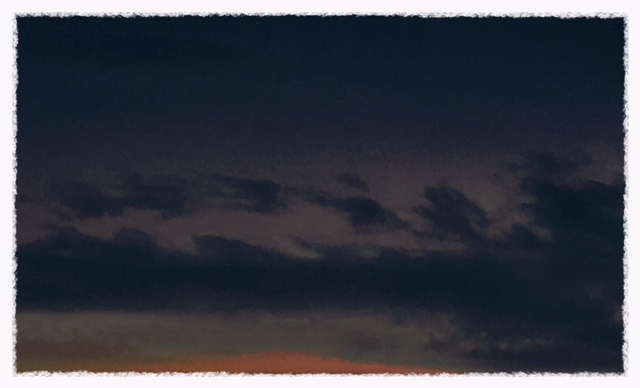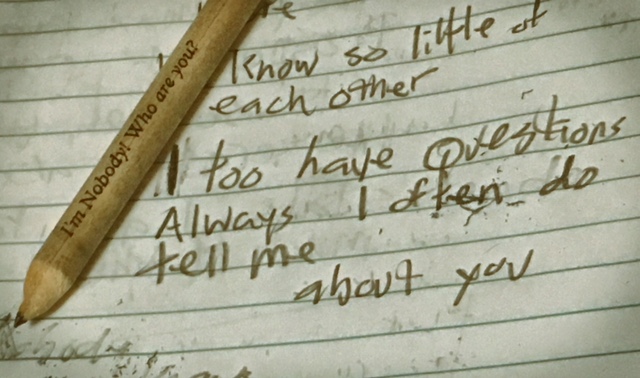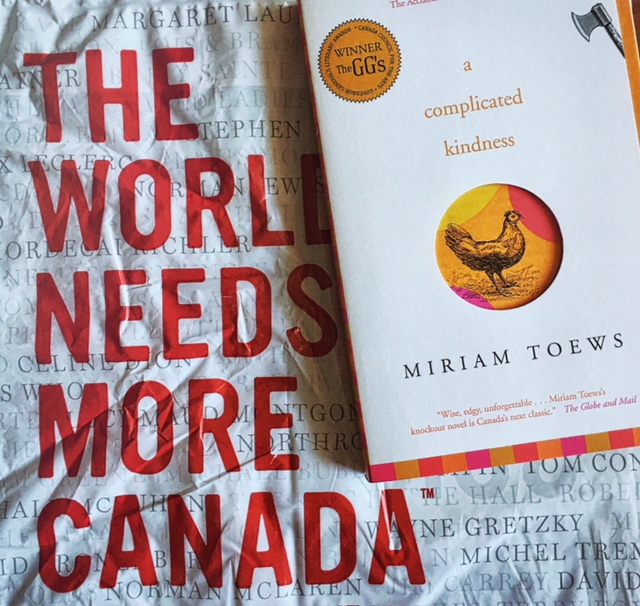
Our pockets were empty, yet freedom was cheap. It was at the time; more than four decades ago, but more importantly, two weeks before summer would come to an abrupt end.
Not much longer would it be until friendships we had known for more than a while would be separated by new classes, new people, and new schools. It was the ‘70s. Summers, then, moved slowly. July could take forever, and then August allowed time to prepare, or adjust to, the concept of September.
Somehow we thought we needed one last adventure. We had known adventure before, but this was different. This was a big step; five young teenagers would test boundaries and stretch the long summer evenings deeper into the night.
Together we made a decision to see what the darkness of the city held. We decided to sneak out of our comfortable homes and meet up after our parents and the rest of our families were asleep.
That was the plan. In fact, that was the only thing planned: sneaking out to see what was there.
Nothing nefarious was involved, you might even call it innocent curiosity, or tame. Brandon was a sleepy town at the best of times, but we needed to see more. We were sneaking away from everything that mattered to see what else was out there.
Five of us planned the night, only four of us made it (one friend managed to actually fall asleep in the excitement leading up to it all). We knew where we would meet, and what time. Talk about nervous, wondering what was ahead as I quietly tiptoed down the stairs in stocking feet, holding my breath until I slipped out the back door and let it click shut. I did not exhale until I had my sneakers tied and I sprinted across the grass and into the darkness.
We met each other with a sense of excitement. The fact our fifth member didn’t show up (and we did wait) seemed to add an element of danger.
Not having a set route, we set out as if the world was laid out for us. The farther we walked, the further we realized how big this city was. We wandered without a care, too young to know what freedom really meant, but knowing this was close.
We stopped by our old elementary school, sitting for a while on the back steps, just outside of the lights. We made our way to the baseball diamond where we used to play and hung out in the dugout. We even passed by the 7-11, visiting for a bit with a couple of older guys, but we didn’t go in. We had no money. We didn’t have the time.
Our thirst was quenched from a stranger’s garden hose, the taste of summer dribbling down our chin. Freedom was intoxicating.
Hours passed. We kept walking, eventually coming to rest in the middle of the soccer field behind the high school. We lay flat on the grass, stared up at the heavens, and talked.
What did we talk about? I’ve become forgetful with age, but politics at the time were of no concern. The latest music? Perhaps, but we’d probably already talked about that as we made our way through the familiar and unfamiliar lanes and streets. No doubt we talked about girls; always a topic near and dear to the yet unbroken hearts of any group of 15-year-old boys, but after a while nothing was said.
It’s a big sky at 4 a.m. There was no way to fill that space with how little we knew and how much less we had seen. Sometimes it is in communal silence when you realize the insignificance of where you were, or are. Silently, I’m sure, we were questioning why or wondering how.
Nights allow for true reflection of the self in relation to this tiny little world. Nights are when we discover the need for darkness, and the silence that comes with it
Slowly we watched the world become a little bit brighter. The colours at the bottom edge of the sky began reminding us that morning always follows night, and by sunup we needed to be back in our respective beds.
As sure as we decided we could sneak away, we realized that our adventure had nearly come to an end. Each of us walked our own way home, each of us a little bolder, or more daring, than we had been five hours ago.
I think of this not as a memory, but as a feeling. I’m not sure if it was a sense of accomplishment, or just one of knowing that I did something I had never done before, and only four other people would know that exact same feeling.
In a few weeks our lives would take us in a new direction, and off and on through the night we had been wondering where this life would take us. We experienced the freedom and still didn’t know, but we now had a glimpse at possibilities only night can afford. It seemed to matter to us then.
Stepping briskly as I approached my house, the nervousness I held back as I was leaving began to surface as I faced another major concern. So much planning had gone into sneaking out of the house that I had never considered how I would sneak back in.
I never thought that far ahead. I never thought I had to.
Not only must you plan for darkness, but you also need to remember how it feels when you make it through to the light.














